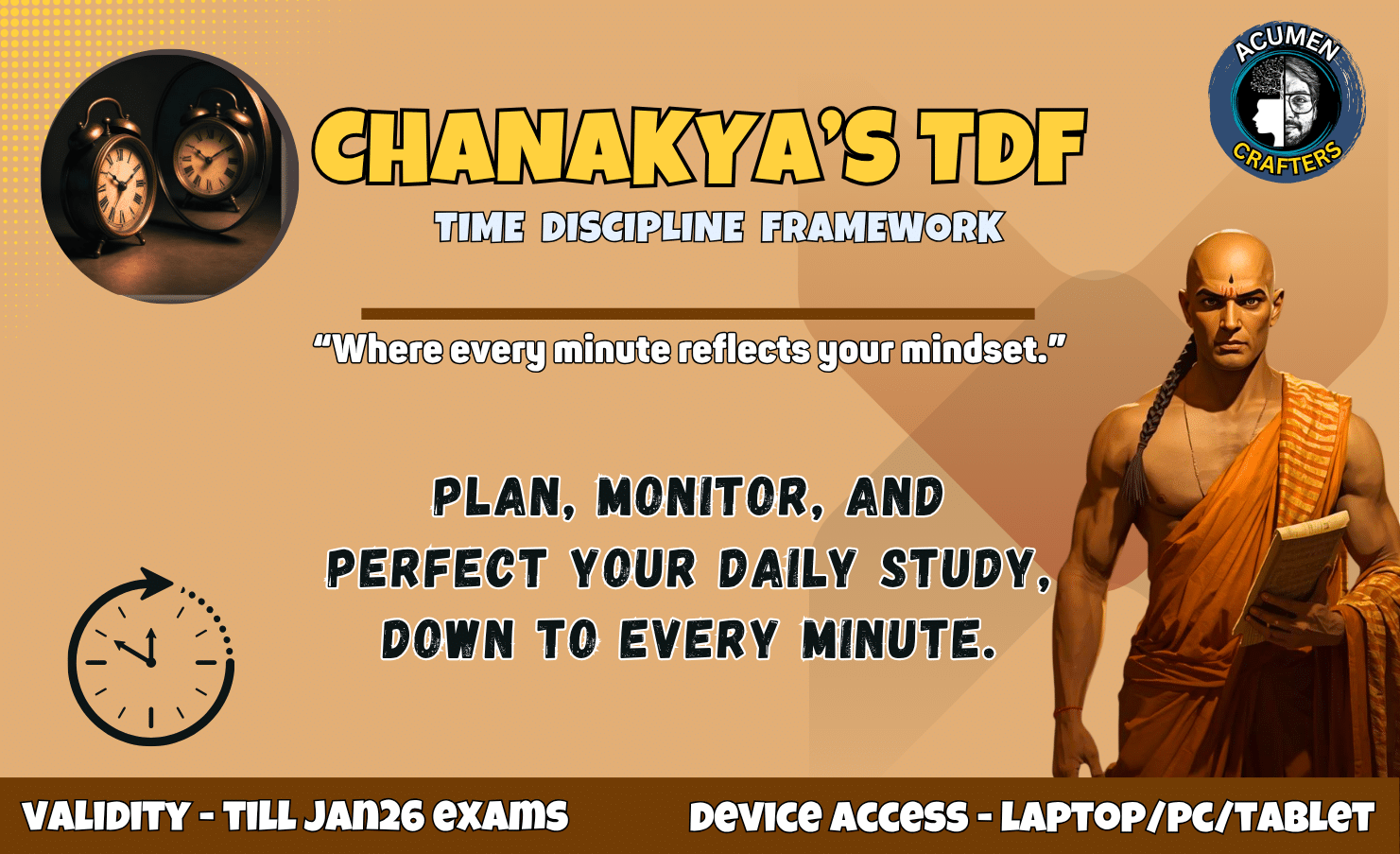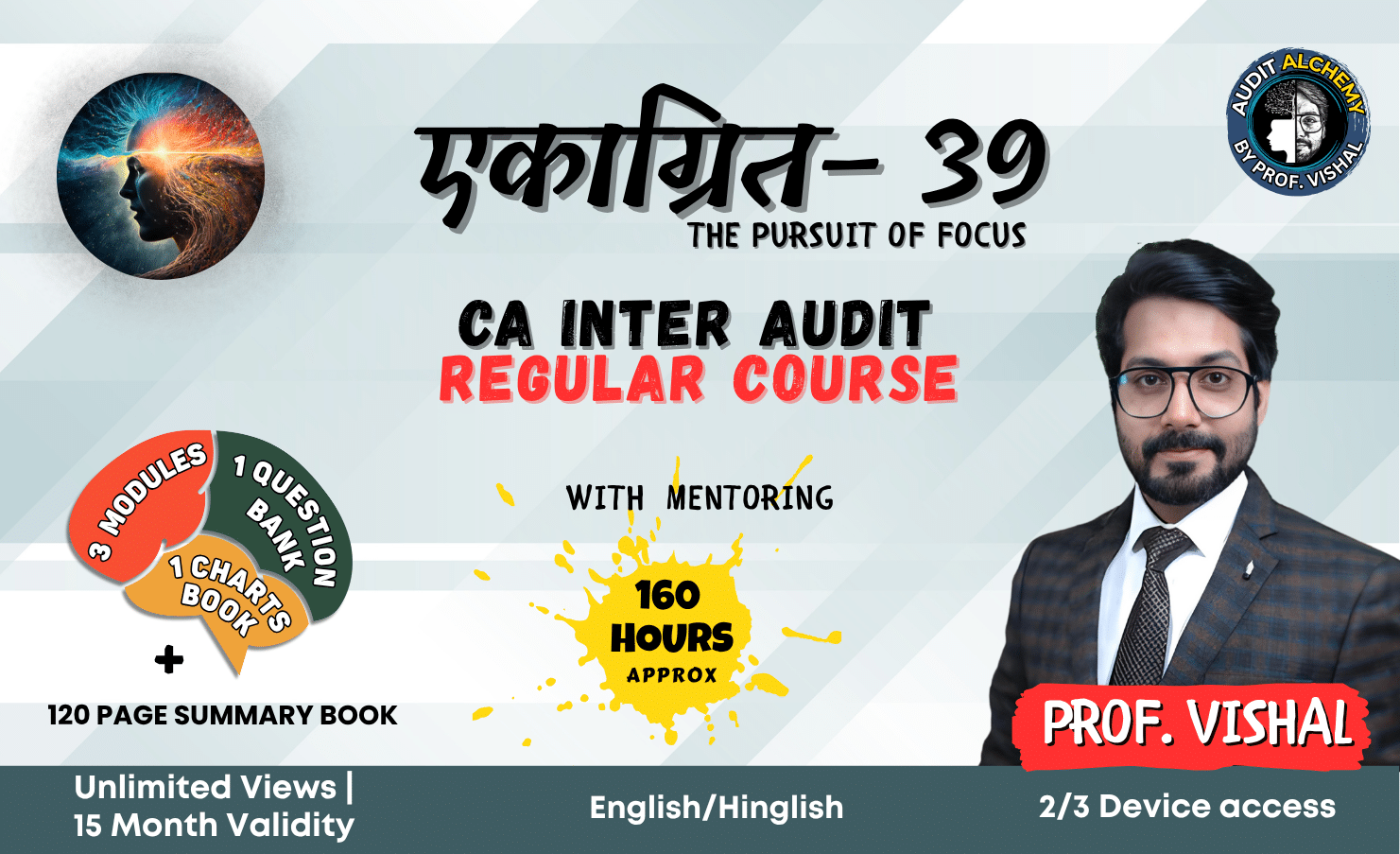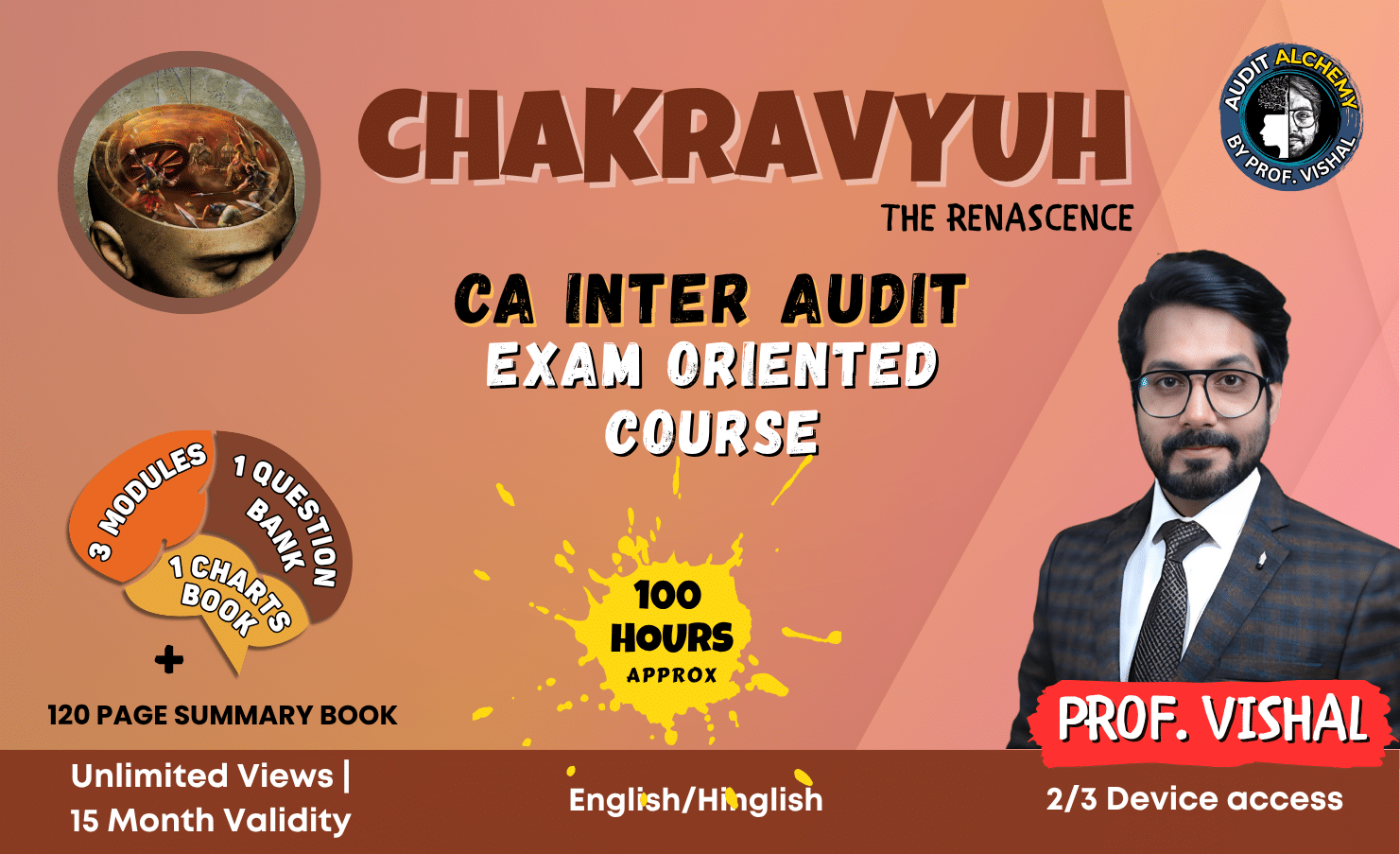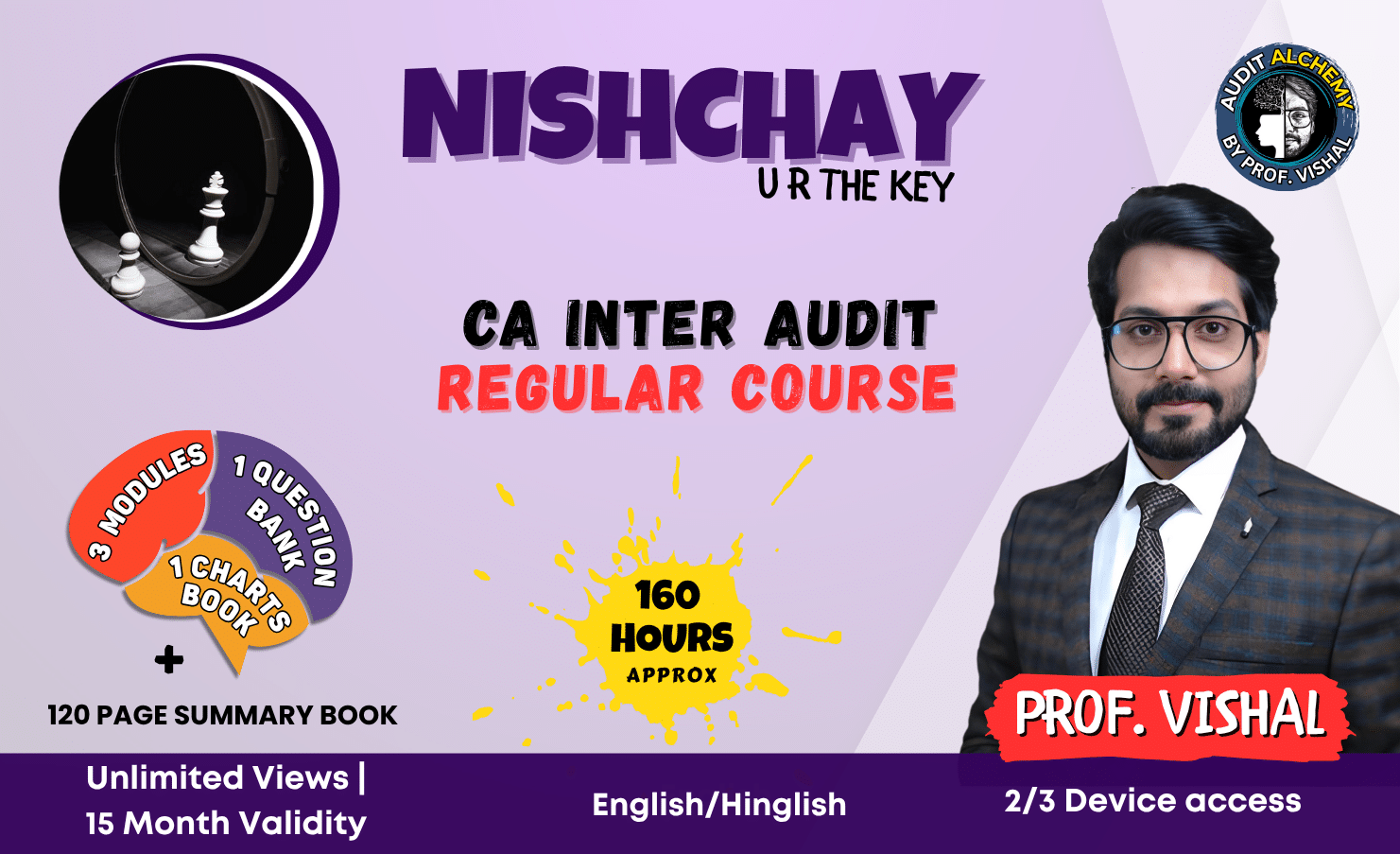Believe it or not, our minds are continually seeking engagement. Maintaining focus on your studies can be a real challenge, especially when you’re at your desk with your computer open, and those tempting social media notifications keep popping up.
It’s not always easy to keep your thoughts away from the alluring Facebook feeds or Instagram profiles, even if you’ve temporarily put them aside. The good news is that there are numerous strategies you can employ to maintain your concentration. In the following sections, we’ll explore ten effective techniques to help you stay on track when you need to commit to your studies:
1. Recognize the Distractions
The reason you’re here reading this article is that you’ve acknowledged that social media has become a significant distraction. The initial step in overcoming this challenge is to reduce the time spent on it. This can be particularly tough given social media’s addictive nature.
Therefore, begin by identifying and listing all the apps and websites that you find distracting. Then, consciously reduce the time spent on them. This reduction will enable you to abstain from them when you need to study, such as before exams or during extended study sessions.
2. Reorganize Your Home Screen
Placing your social media apps front and center on your home screen is an open invitation to distractions. By moving them further back or, even better, organizing them into a folder that’s out of sight, you can minimize their allure. Making it a bit more effort to access them makes it harder to get distracted. Fill your home screen with apps that are useful for studying, such as a calculator or note-taking tools.
This arrangement can provide the extra motivation you need to reduce social media distractions.
3. Silence Unnecessary Notifications
Did you know that the average U.S. citizen receives around 46 push notifications daily? Regardless of your location, owning a smartphone likely means a barrage of unnecessary notifications daily. Some may be relevant, but they all prompt you to check your phone, and then your social media cravings take over.
Unnecessary notifications serve as triggers for social media distractions while studying. Blocking them is crucial. Keep track of the notifications you receive, and if any prove unnecessary, block them through your phone’s settings. Over time, you’ll observe a significant reduction in how often you pick up your phone, leading to increased productivity.
4. Unfollow and Unsubscribe
Unfollow or mute accounts that you find particularly distracting. If you consistently find yourself immersed in someone’s Instagram stories, it’s time to click that unfollow button. The same principle applies to YouTube channels, Facebook pages, and Twitter accounts.
When your goal is focused study, constant updates from others can be a significant distraction. Remember, you can always follow or subscribe again later. Additionally, unsubscribing from irrelevant email chains can help reduce phone usage and minimize inbox clutter.
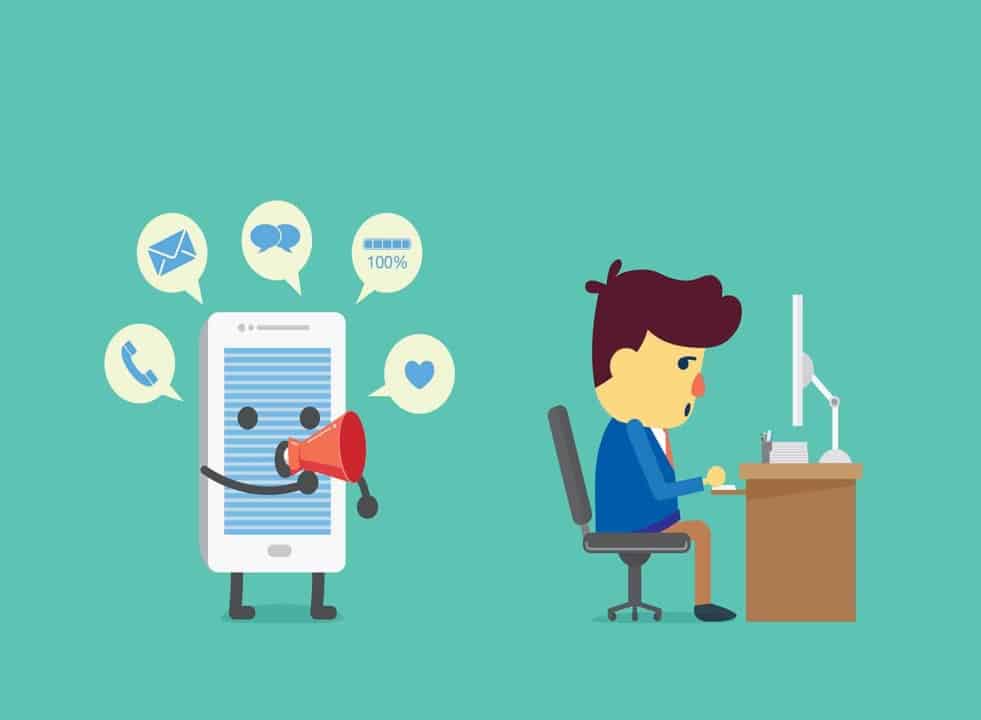
5. Keep Your Phone in Another Room
While it may sound like common sense, it’s essential to put this into practice. If you’re at your desk, aiming to study, place your phone in another room. It’s a bit challenging, but it’s essential to make the effort. When your phone is right in front of you, it’s much harder to resist the urge to check it. If you need your phone for study-related tasks, consider using airplane mode to prevent notifications.
Alternatively, place it face down and only pick it up when necessary. When it comes to calculations, use an actual calculator rather than your phone. The goal is to eliminate social media distractions right from the source.
6. Utilize a Content Blocker
If resisting social media while studying proves especially challenging, there are mobile apps and browser extensions designed to block these distractions for set time intervals. This is a reliable way to ensure you’re not tempted to visit your favorite websites when you should be focusing on your studies.
Some recommended options include Freedom, AntiSocial, and SelfControl. These applications allow you to block specific websites or even the entire internet for designated time periods, effectively eliminating social media distractions. For your desktop, consider browser extensions like News Feed Eradicator, which will block the addictive elements of social media.
7. Set Specific Break Times
Once your study session begins, allow yourself brief five-minute breaks every thirty minutes or so. During these breaks, feel free to check your phone or browse social media. By setting a timer, you’ll be less likely to get lost in your feed and lose track of time.
For more extended breaks, wait until you’ve completed a section or task. For instance, if you’re working on a math problem set, grant yourself a five- to ten-minute break after every twenty problems. If you’re reading a chapter for a literature class, plan breaks at specific page milestones. Study breaks have been shown to boost productivity, serving as an excellent tool for managing social media distractions while enhancing overall focus.
8. Find an Accountability Partner
One of the most effective ways to ensure you remain on track while studying is to have an accountability partner. Seek out a friend or classmate who shares your goal of improving focus and study habits. Regularly check in with each other to gauge your progress.
While it may seem counterintuitive, being in the company of others striving for focus can boost your own concentration. When you’re accountable to someone else, you’re more likely to adhere to your goals and resist distractions. When you know that someone else is counting on you to stay focused, you’re more likely to do just that.
9. Create a Distraction-Free Study Environment
Ensure that your study area is free of clutter and that you have all your essential materials within reach. Having to search for items can provide additional opportunities for distractions. If you find background noise distracting, consider investing in noise-canceling headphones, allowing you to create a mental space conducive to concentration.
If you have items in your room that are particularly tempting, such as a TV or video games, put them away or out of sight. The less temptation you have in your immediate surroundings, the easier it is to stay focused on your studies.
10. Harness Your Willpower
Ultimately, the only person who can truly control whether or not you get distracted by social media is you. If you genuinely want to stay focused, you must be willing to put your phone aside and resist the urge to check it constantly. Break the habit of reaching for your phone every few minutes by keeping it in your bag or another room while studying.
Initially, this may be challenging, but with practice and discipline, it will become second nature. In conclusion, if you aspire to maintain focus, you must be willing to put in the effort. Overcoming social media distractions is possible with dedication and practice.
In Conclusion
Social media can be a significant distraction, especially when you’re trying to focus on other tasks. However, by acknowledging the potential pitfalls and implementing the strategies outlined above, you can take control of your social media usage, ensuring it doesn’t interfere with your studies.
Don’t hesitate to set aside your phone and get to work – your future self will undoubtedly appreciate it. Follow these ten strategies to enhance your focus and productivity. If you have additional ideas, please feel free to share them in the comments section below. Thank you for reading, and best of luck!





